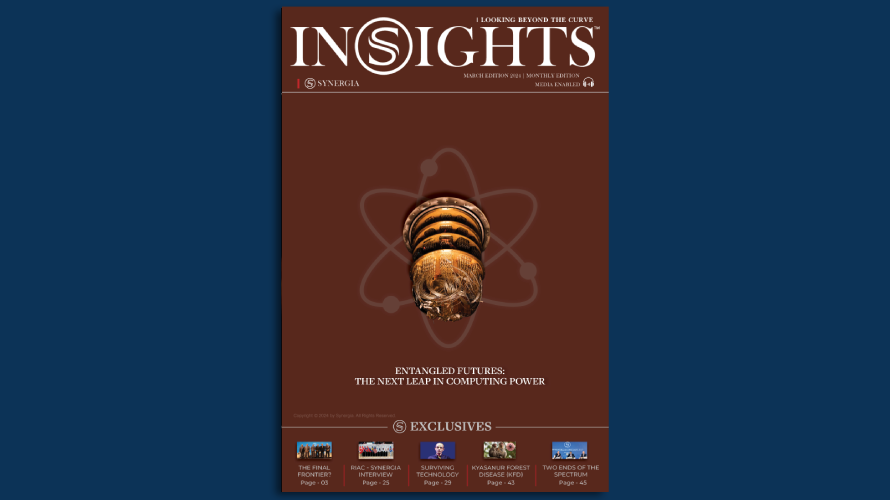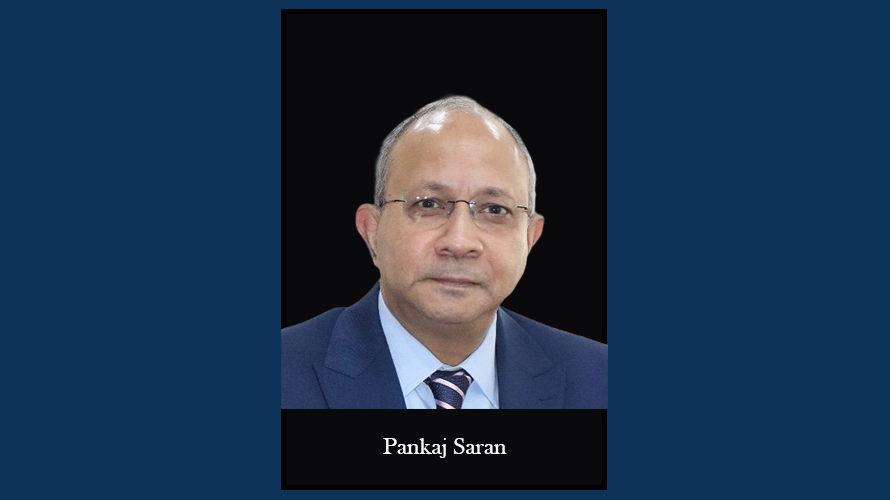Testimonial
"The Synergia Conclave brings together some extra-ordinary and diverse experts on a range of topics, in this great environment they've established and cultivated here at the Conclave. So it is a real privilege to be a part of this and look forward to some great dialogue."
Dr. Joseph H. Felter Former Deputy Secretary of Defence US
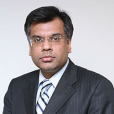
“Synergia conclave hosted experts from around the globe on contemporary security and other issues that resulted in new insights. It is one of the best and most inspiring conclaves I have attended globally. I look forward to attending the next one.”
DR. VIVEK LALL Vice President, Lockheed Martin
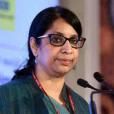
"Synergia Foundation did a great job. They managed to convene a whole bunch of top thought leaders, experts, academia and government to deliberate on this very important subject of 5G technology and because Synergia is a non-partisan objective forum, I think it was very useful because many people were actually able to exchange their ideas and designs. I think this should be the first step in seeing how to build an indigenous 5G ecosystem in India."
Aruna Sundararajan, IAS Secretary, Department of Telecom, GOI
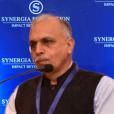
"We've been able to interact with some top experts coming from all over the world, policy makers of very high standing and also people who have had a great deal of experience both in govt and outside the govt and in academia. I think such events are very important because, first of all, they help us understand the trends in cyber security and, secondly, they also lead to a very fruitful exchange of views because the challenges are so huge and such conferences generate ideas which are very important for policy makers."
Dr. Arvind Gupta Deputy National Advisor, India
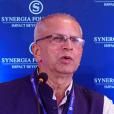
"I must congratulate Synergia for organising Cyber 360. It was a very well attended conference. It had representatives at the very highest levels: ex-government, within government, within India and abroad. Very challenging issues have been discussed and I think that everybody has gone back with their knowledge vastly enhanced. It is one of the best conferences I’ve ever attended on the field."
G K Pillai Former HOME SECRETARY, INDIA
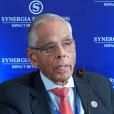
"What Synergia is attempting is to integrate technology with the more mundane aspects of security (and) raise the level of the debate so that we can look into the distance; look ahead and see what we need to do. It is seldom that conferences achieve this dimension. "
HE M. K. Narayanan Former National Security Advisor, Governor of West Bengal and Director of Intelligence Bureau

"Rarely does a thinktank act as a 'do-tank'! Synergia Foundation is indeed unique when it comes to fact-based information, insight and perspectives. Synergia has enabled an unparalleled platform and network on multiple fronts to translate thought to action."
Gopi Hanumanthappa MD, ThyssenKrupp Aerospace India

"In a deeply divided world created by Globalisation and its multiple offsprings of insecurity and polarization, whose version do you believe? Synergia Foundation, a Bangalore based thinktank helps provide a neutral and fact-based assessment of the situation in order to form an unbiased opinion not influenced by fake news and distorted data."
Avnish Sabharwal MD, Accenture Ventures & Open Innovation

“The work that the Synergia Foundation is doing to protect the nation is very commendable. The subjects that have been dealt are all very relevant. You and your associates deserve to be congratulated for the same.”
Hon. Shekhar Dutt Former Governor, Deputy NSA & Defense

"The Synergia Foundation is a 'do-tank' rather than a thinktank. It focuses on the broader strategic perspective of some of the cutting edge security issues of our time. It also brings global expertise and experience to the challenge of helping us address emerging threats and security concerns."


